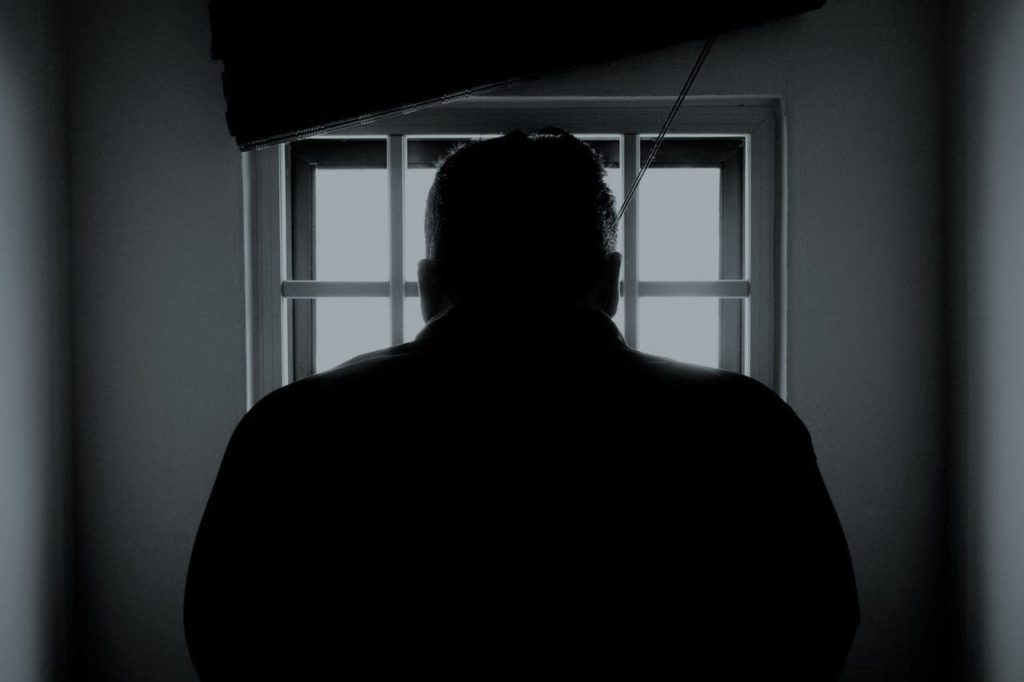Send your enquiry.
Contact us for a free, initial no obligation consultation.
"*" indicates required fields
Your information is safe and treated in accordance with our Privacy Policy
This case involved middle aged lady of previous good character and a professional background was accused of the attempted murder of her partner. She had admittedly stabbed him causing him near-fatal injuries. Ashmans Solicitors were instructed after she expressed unhappiness with the firm of Solicitors who represented her until then. She presented with a constellation of medical issues that, to a large degree, appeared to have been causative of her actions. Ashmans Solicitors were able to commission and obtain cutting edge medical opinions from leading experts in the field of Urology, Psychiatry and Psychology that I was able to effectively use to negotiate with the Prosecution. We were able to persuade the Prosecution to accept a plea to Section 20 offence, an outcome that would have appeared fanciful prior to Ashmans being engaged.
What are section 20 assault charges?
Section 20 carries the lowest maximum sentence of the two Grievous Bodily Harm (GBH) charges with the maximum penalty being 5 years imprisonment. It is a triable either way offence which means it can be heard at the Crown or Magistrates’ Court. However, the Magistrates’ Court may refer the case to the Crown Court if they feel the case is too serious or complex.
The Actus Reus (guilty act) of section 20 assault includes unlawful wounding and serious bodily harm. Section 47 assault Actual Bodily Harm (ABH) is a less serious offence and GBH is charged when the offence is too serious to be ABH. Bruises and scratches would not be considered to be GBH, whereas a stab wound would be too severe for an ABH offence.
Psychiatric illness and disease transmission can also constitute GBH. This is apparent in the case of R v Mohammed Dica who was the first person to be successfully convicted of section 20 GBH in 2003 after knowingly engaging in sexual intercourse with two women after being found HIV positive. He didn’t notify the women of the risks or inform them that he was carrying the disease. He was convicted on the grounds that his recklessness caused serious harm to the victims’ health.
The Mens Rea of section 20 assault is the intention to cause some harm or recklessness to the victim, regardless of whether harm was actually caused. The defendant needn’t foresee serious injury, he must merely acknowledge the risk of some injury from his actions. Speak with our Criminal Solicitors Leeds




